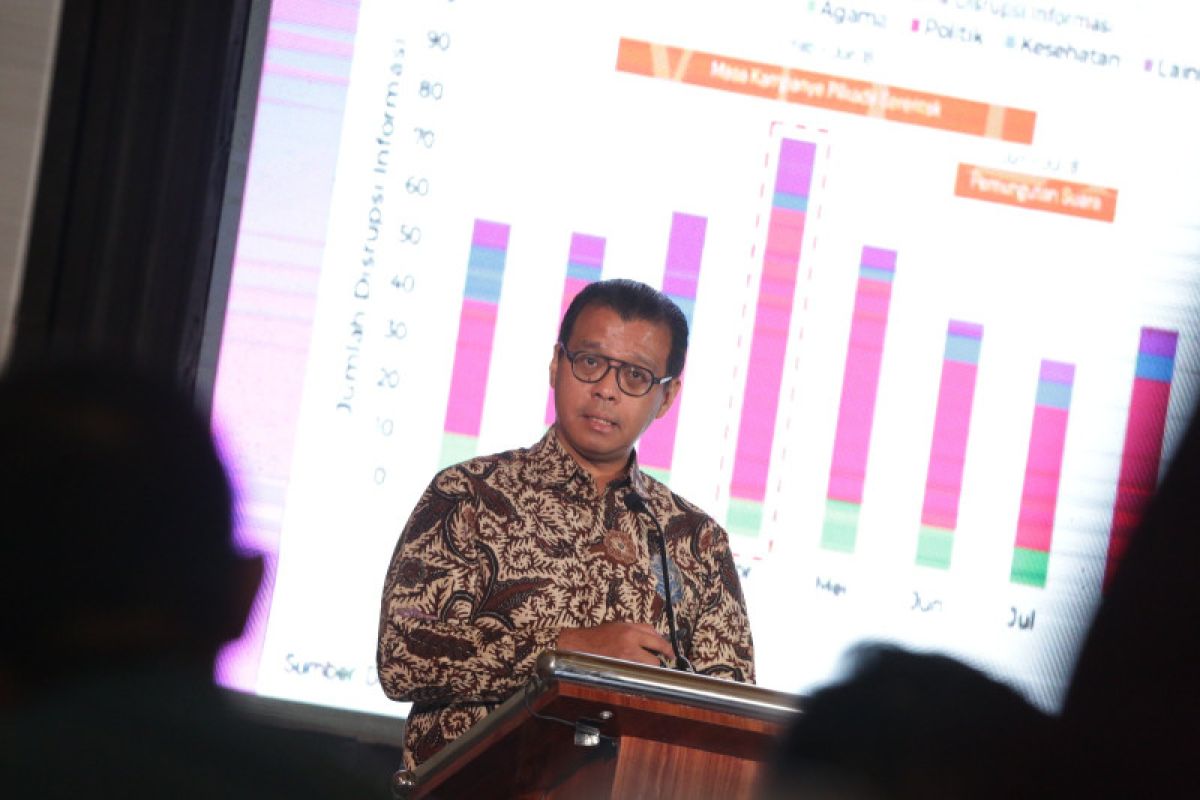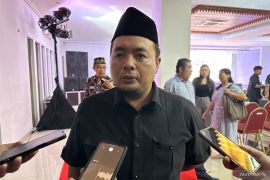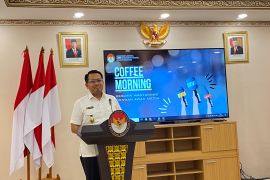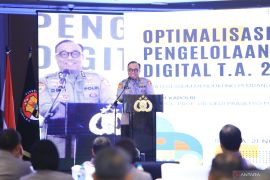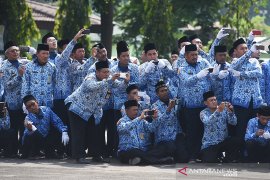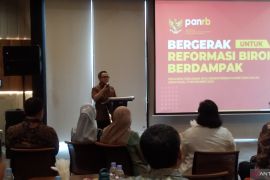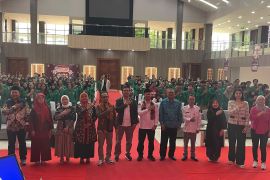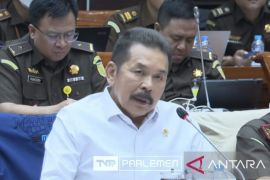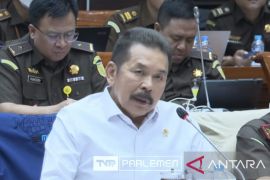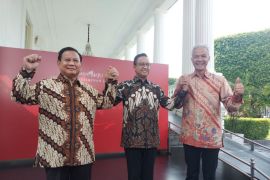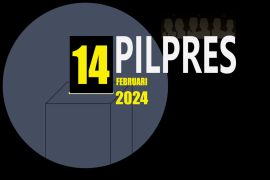"The first strategy is expanding public action, including increasing public awareness of media literacy and critical thinking skills,” he said, according to a statement received in Jakarta on Thursday.
Widjajanto made the statement at the “Counteracting Information Disinformation in the Political Year” event organized by the Asia Foundation, the National Defense Institute, and Katadata in Jakarta on Thursday, where he served as the main speaker.
The second strategy is improving the state's ability to act, such as by forming a team for monitoring the spread of information, which can respond quickly to the spread of various types of misinformation and disinformation across various platforms, he informed.
The third strategy is conducting direct operations against the perpetrators of disinformation.
He said that the fourth strategy carried out by Lemhannas to counteract information disruption is implementing election information transformation under which the KPU, political parties, and candidates need to regularly release updates on their activities to minimize the spread of misinformation and disinformation aimed at manipulating the public.
The fifth strategy is collaborating across institutions, for example, working with independent institutions, to verify misinformation and disinformation spread among the community.
The last strategy is carrying out international cooperation, both bilateral and multilateral, to mitigate information disruption that is cross-border, he said.
Asia Foundation’s country representative, Hana Satriyo, said that the 2024 elections will be a test of democratic resilience in Indonesia. She mentioned about a prediction that the lack of digital literacy in society will make hoaxes or fake news increasingly difficult to stem.
Related news: Let`s build the nation in honest way without hoaxes: Ma`ruf Amin
She said that the 2024 elections pose a challenge, considering that there are many concerns that democratic contestation will be accompanied by the strengthening of narrative contestation, such as hoax news and also hate speech, which would reduce the quality of democracy.
"A number of studies in the last few elections have shown that there is a significant increase in the traffic of fake news, slander, and incitement, especially through social media networks and messaging applications, such as WhatsApp," she informed.
According to Satriyo, the Asia Foundation has continued to provide support for improving digital literacy, including promoting the anti-hoax movement through programs in assisted areas.
Deputy for strategic studies at Lemhannas, Reni Maryeni, said that the emergence of hoax news affects people's lives because the digital index of people in Indonesia is still very low. Therefore, preparations are needed from the related ministries to overcome the problem.
"Our digital index is the lowest. We conducted a study on digital architecture, starting from doctrine, organization, operations, budget, then human resources; indeed, we have a lot to do for digital architecture. So, preparations must indeed be made by the ministries related to this," said Reni.
Mafindo R&D committee presidium Loina Lalolo Krina Perangin-angin pointed out that the hoaxes circulating in Indonesia always follow the election momentum, and the intensity of hoaxes related to the 2024 election has grown since the last three months of 2022.
Surprisingly, there were three major platforms that turned out to be potential sources of hoaxes, namely, Facebook, Twitter, and Instagram. The discovery of the three major platforms as sources of hoaxes was based on a study conducted by Mafindo.
“So, if asked, is it true that hoaxes are massively growing in the digital world? The answer is yes. So, the data in Mafindo's R&D is happening. Hoaxes in Indonesia follow the momentum. The intensity of hoaxes related to the election appeared in the last three months, in the last three months of 2022,” she said.
In the period from January to March 2023, there were almost 700 hoaxes. The highest number of hoaxes were recorded in February, and almost 70 percent of them were about politics. So, one can imagine how massively hoaxes are circulating currently in the digital world, Perangin-angin added.
Related news: Polri, ANTARA agree to fight hoaxes to ensure safe elections
Related news: No party can claim 2024 elections results yet: elections commission
Translator: Azis Kurmala
Editor: Yuni Arisandy Sinaga
Copyright © ANTARA 2023
